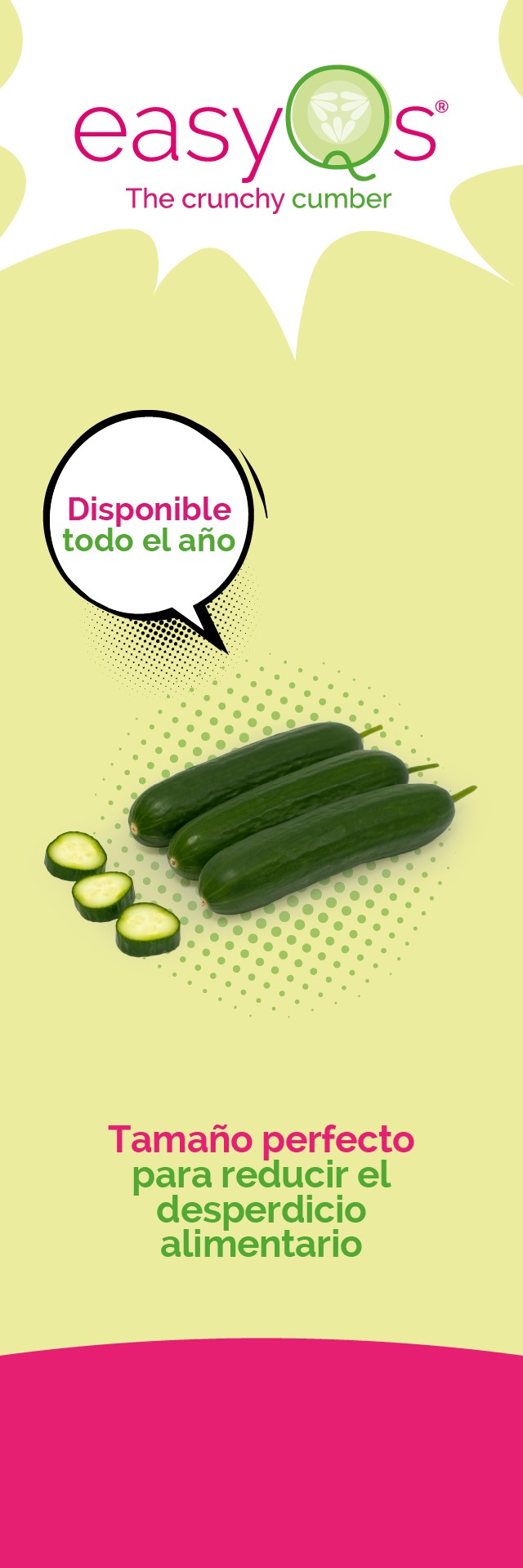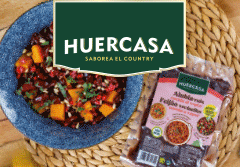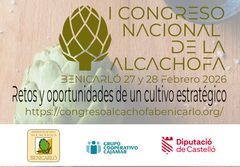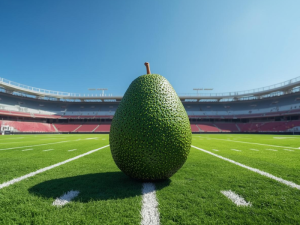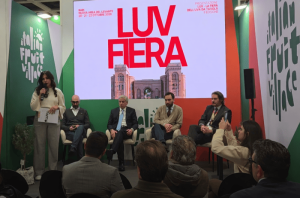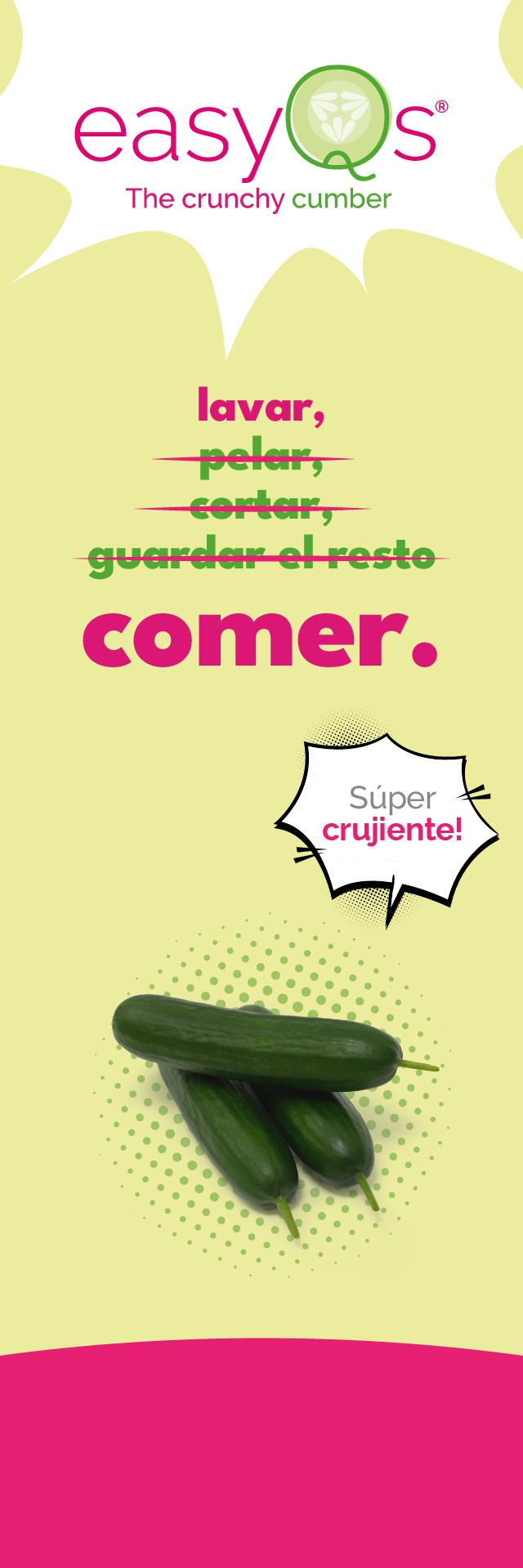Fruit Today had the chance to talk to Iván Elías, Fresh Fruit Manager at the Nufri Group, with whom we tackled this and many other subjects from the sector.
In recent years the company has taken a numerical leap regarding club apples, how are these categories evolving? Does the future of apples only involve the clubs or does it also include free varieties?
The evolution towards these categories is logical and natural, and this is due to the fact that the new club varieties offer organoleptic qualities that differ to those of the free varieties. These differentiating characteristics are appreciated more by consumers, a fact that can be seen in the consumption figures. With the traditional varieties, we have very long rotations. On the other hand, club varieties maintain better consumption behaviour. For this reason, at a time when fruit consumption per capita is dropping, year after year, it is important to offer apples that are good to eat and to turn this trend around.
The production from La Rasa in Soria will be complete. Could you tell me about its quality? Is the harvest being carried out in time? To what extent is climate change affecting it? What global production volumes are we talking about?
The farm of La Rasa is located at an altitude of 870 m. This altitude gives apples greater juiciness, crunchiness, sweetness and colour to red and bicoloured apples due to the contrast in temperatures between day and night. For some varieties, grown in La Rasa, the increase in quality, due to the geographical area, is very considerable, especially now that we are suffering from climate change (a decrease in rainfall, nights that are becoming hotter, heat waves that last for days)…At Nufri, we are trying to calm these changes down with the geographical versatility of our plantations, cultivating where each variety adapts best according to the place’s weather conditions.
Parallel to this, the harvest is taking place on time and correctly in spite of the circumstances regarding the production loss in Lerida, which will be compensated with the 25 million kilos in Soria, meaning that the farm has completed its production scope.
In terms of your promotion campaigns, which are always very prominent, which actions are being considered this year (sports, TV, radio…)?
Following the dynamics of recent years, we will continue bringing our apples closer to all the target groups and vindicating, above all, their origin, through all the communication channels both on and off-line, as well as on our CSR platform EllasSonDeAquí (TheyAreFromHere). As well as motivating our best prescribers, the fruit sellers, to whom the best nationally-grown apples are offered.
There will also be new developments, on other social platforms, which we will inform about later on.
Regarding sustainability, could you tell me about the company’s latest advances?
One of our agricultural industry group’s principles is based on taking sustainable decisions, through the commitment to projects and steps with a high sustainable development component, aimed at relying on processes that moderate environmental impact. Energy optimisation through renewable energies and cogenerations stand out as well as the use and management of natural resources, such as water through treatment plants or the conversion of waste into biogas and the optimisation of irrigation using probes and sensors that give the crops the exact, necessary amount of water throughout the production cycle. For our company, sustainability is not a philosophy, it is a conviction: we are a circular economy company that practices circular economics.
As a global operator, what difficulties are you finding at present from the logistics and costs point of view?
The entire chain of value has become more expensive, which, alongside European bureaucracy that is becoming more complicated on a daily basis, is causing serious headaches for imports and exports. We must be aware of this, and give greater value to local production. Money and effort must be invested in communicating to our consumers where the products come from and how the fruit and vegetables reach their homes.
Accordingly, you have made a strong commitment to your own brand Livinda, haven’t you?
Indeed, and now our Spanish-grown Livinda is presenting its ecological apples, because we also want to meet this type of demand. This new range will have three varieties: Royal Gala, Golden Delicious and Opal. All of them are already available and form part of this campaign in which we want to emphasise the importance of vindicating the origin, which we are doing through the ‘Ruta de las Manzanas de Soria’ (Soria Apple Route), where we have an apple interpretation centre.
At one point, you started up a great expansion towards distant markets, what is the current situation?
At Nufri, we have never stopped exploring new markets. At present, we are playing a waiting game with the Administration for new protocols to be established and to be able to reach new horizons.

